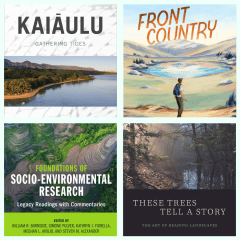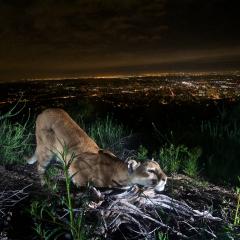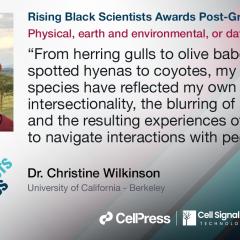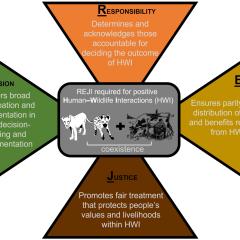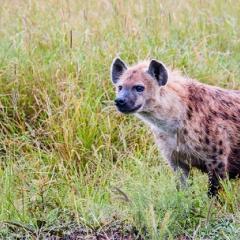About Christine's Work
Christine Wilkinson is a conservation scientist and science communicator at University of California, Santa Cruz and the California Academy of Sciences. Her research interests include multidisciplinary mapping, human-wildlife conflict, wildlife movement ecology, environmental justice, and using participatory methods for more effective and inclusive conservation outcomes. After spending her undergraduate term studying seabird ecology in the northeastern USA and wildlife management in savanna ecosystems of East Africa, she graduated with honors from Cornell University with a B.S. in Natural Resources. Christine has spent the last 15 years working in conservation biology and natural resource management in Nakuru County, Kenya and in the Los Angeles and Bay Area regions of California. She has also served in various capacities as an educator, science communicator, and policy advisor in California and East Africa.
For her current work, Christine is 1) integrating animal behavior and participatory research to understand benefits to people from conflict-prone species in Kenya, 2) assessing human-wildlife interactions and carnivore movement through heterogeneous urban spaces in California, and 3) examining and promoting the ecological effectiveness of Indigenous stewardship. Christine is a National Geographic Explorer and Schmidt Science Fellow, and was a National Science Foundation Fellow, a Chancellor's Fellow and a Rocca Dissertation Fellow while conducting her PhD at UC Berkeley. In her spare time, she teaches and plays taiko in San Francisco and hangs out with her dog, River.
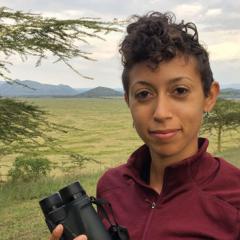
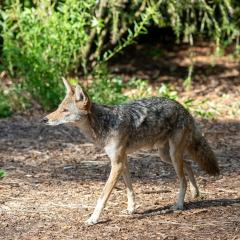
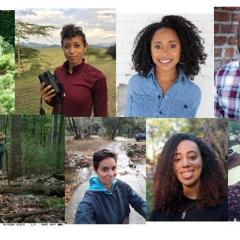
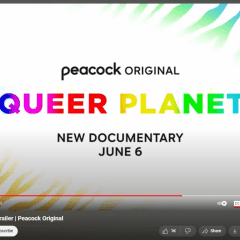
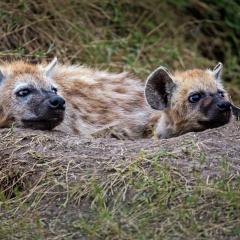
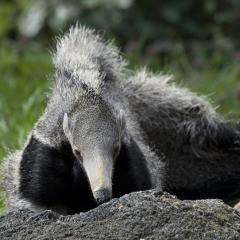
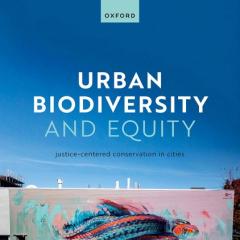
![A coyote runs across a street near pedestrians in Golden Gate Park, San Francisco. Photo credit: Stephen Riffle [Twitter: @EyaSpectre]](/sites/default/files/styles/1x1_x_small/public/images/coyote%20and%20joggers_Stephen%20Riffle_Twitter_EyaSpectre.jpg?h=a4df990e&itok=WYj8Lq6o)
